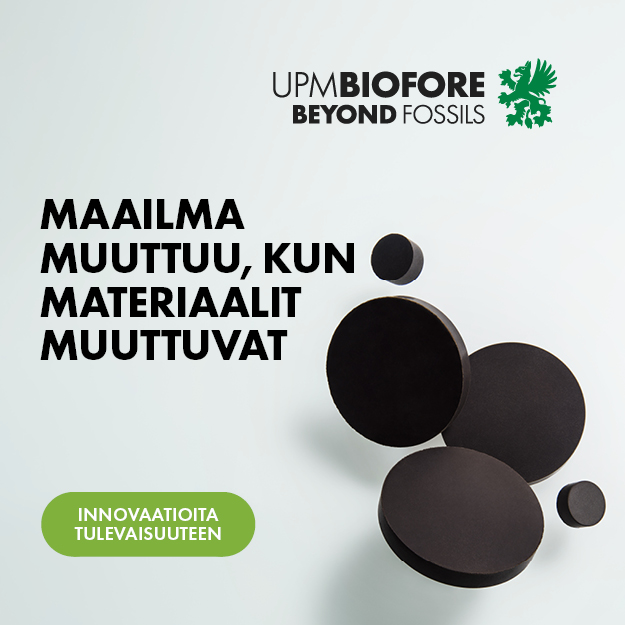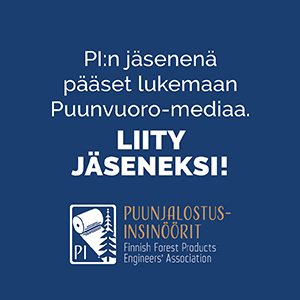Kishore Shouche was browsing LinkedIn when he came across an interesting job: Metsä Group was looking for a Technology Manager for the Äänekoski test plant, where manufacturing technology for the new Kuura textile fibre made from softwood pulp is being developed. The work matched his skills very well, as the Indian graduate engineer, who studied chemical engineering and industrial production, had almost 30 years of experience in cellulose-based textile fibres and their manufacturing technologies, from production to R&D and management positions.
“I felt it would be interesting to experience a completely new culture. My wife and I were free to go anywhere, as our son had just graduated and moved to Canada to continue his studies. My wife was also ready for an adventure, so I submitted an application and was invited to an interview,” he says.
After the job interview, they were offered the opportunity to visit and learn more about Finland before committing to moving.
“We were here for three days in June last year. Based on this, we decided to seize the opportunity and absolutely made the right decision. We moved in October, and Metsä Group made sure that everything went as smoothly as possible.”
In India, temperatures can rise to as high as 48 degrees Celsius – a stark difference compared to the winter conditions in Central Finland.
“Luckily, my colleagues advised me on how to dress for the cold.”
The couple settled in Jyväskylä.
“My wife is learning Finnish and goes on long walks every day, which has enabled her to get to know people. So she already has more friends than I do.”
Balanced work and life
Kishore Shouche plays a key role in the development of Kuura textile technology at the Äänekoski test plant.
“We do test runs once or twice a month, and the rest of the time we analyse the results and plan how to further develop the technology. In addition to the production process, we also plan what kinds of changes need to be made to the machines.”
According to Shouche, the greatest difference between the Finnish and Indian work culture is that work and life are better balanced here.
“There’s a lot of talk about balance in India, but it was only here that we understood what it means. The competition in India is really fierce. The stress level here is much lower, and because everything at work runs systematically and according to plan, it’s also possible to plan our leisure time.”
This systematic approach is also reflected in the emphasis on the planning phase of the work.
“In India, we are excited to move from idea to implementation, which sometimes leaves less focus on planning. Here, I’ve learned that a well-planned project is half – or 80% – done.”
No compromises are made when it comes to safety either.
“Things are done systematically because we want to do them safely, and at the same time, the technology is also moving forward. I really appreciate the fact that technology and safety always go hand in hand.”
Like his own child
The Shouches aim to remain in Finland permanently. They appreciate the local nature, and especially the clean water and air. Kishore’s work team has become like family, and the Kuura fibre a little like his own child.
“The first commercial Kuura plant is in the preliminary study phase, and if everything goes well, there are many professionally very exciting and challenging years ahead,” he says.
He draws his attitude to life from ancient Indian wisdom, according to which life should be celebrated and, at the same time, one’s own real purpose, one’s life task, should be sought.
“At the same time, I see that we are all of the same family and the whole planet, everything living, is one.”
His career in developing textile fibre manufacturing technologies, which has gone from traditional viscose to rayon and from Lyocell to a more environmentally friendly approach, also fits this philosophy well.
Metsä Group has announced that the potential first Kuura plant could be built in either Äänekoski or Kemi. For the Shouches, both options would be welcome.
“We are prepared to move to Kemi, if necessary.”




